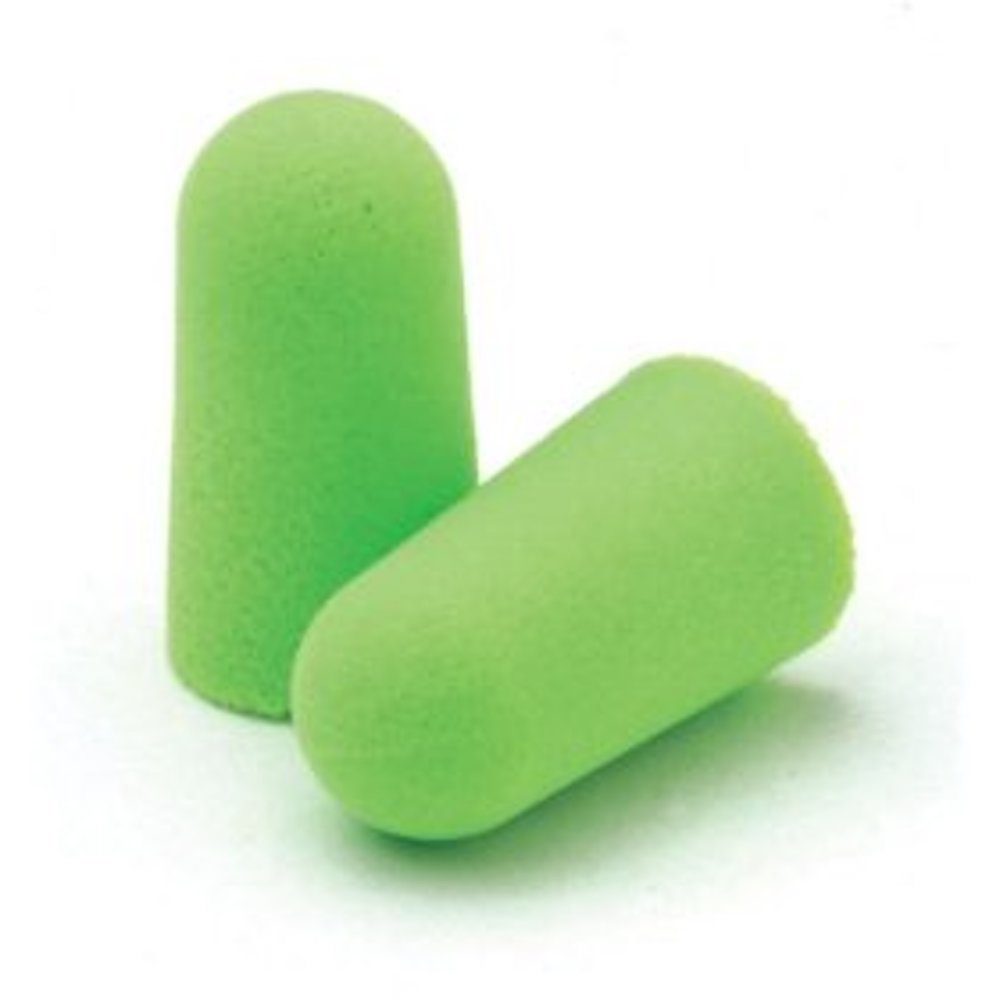How Wearable Tech is Merging with Hearing Aids
Decades of research have revealed a clear link between hearing loss and

By: admin | July 22, 2016
Bringing earplugs to that next concert is more than a good idea, it should be a must, says the Better Hearing Institute (BHI). Researchshows that earplugs not only help music-lovers avoid post-concert “ringing in the ears” (tinnitus), but also the temporary hearing loss that comes after exposure to loud music or noise. BHI reminds concert-goers that “temporary” hearing loss quickly adds up, with repeat noise exposure leading to permanent hearing loss—and there’s no cure for that. Millennials and teens especially should think twice about music volume becausedata show that hearing loss is on the rise in these age groups, which means they’re permanently losing some of their hearing at younger ages.
But take heart. Earplugs really can help. One study, carried out in conjunction with an outdoor music festival in Amsterdam last fall, found that festival-goers who wore earplugs were roughly five times less likely to have some temporary hearing loss than those who didn’t wear them. The earplug-users also were less likely to suffer from tinnitus afterwards.
Any sounds at or above 85 dBA for a prolonged period of time can be unsafe. The sounds at that Dutch music festival were at 100 decibels, pretty consistently, for 4-and-a-half hours. At that sound level, hearing damage can occur in just 15 minutes.
Luckily, earplugs are pretty easy to come by. Disposable earplugs, made of foam or silicone, usually can be found at local pharmacies. They’re practical because you can still hear music and conversation when they’re in your ears. But when they fit snuggly, they’re effective in adequately blocking out dangerously loud sounds.
More sophisticated earplugs can be purchased online. And local hearing care professionals can provide custom ear protection that is crafted to fit each unique ear. Custom protection ensures a proper, optimal fitting each time, further reducing the risk of unwanted noise exposure. A local hearing care professional also can provide a hearing test to determine your baseline hearing level and determine if you already have any hearing loss. For the vast majority of people with hearing loss, professionally fitted hearing aids (now smaller, sleeker and more high-tech and effective than ever) can help.
Loud music isn’t the only summertime risk to hearing though. Prolonged exposure to lawn mowers, power tools, motorized recreational vehicles, target shooting, sporting events and fireworks can potentially damage hearing. But you can avoid or minimize hearing damage by wearing earplugs or other ear protection.
“Noise is part of the world we live in, and having a good time this summer probably means at least some noisy activities,” says William Hal Martin, Ph.D., Professor of Otolaryngology, National University of Singapore, Program Director MSc of Audiology, Center for Hearing, Speech & Balance, and Co-Director of Dangerous Decibels. “So I strongly urge people to be smart and safeguard their ears. Using earplugs and other forms of hearing protection is your best bet for ensuring that you can enjoy music, listening to friends, and all the other sounds you love for your entire life.”
We hear sound when delicate hair cells in our inner ear vibrate, creating nerve signals that the brain understands as sound. But just as we can overload an electrical circuit, we also can overload these vibrating hair cells. Loud noise damages these delicate hair cells, resulting in sensorineural hearing loss and often tinnitus (ringing in the ears). The cells that are the first to be damaged or die are those that vibrate most quickly—those that allow us to hear higher-frequency sounds clearly, like the sounds of birds singing and children speaking.
If you have to shout over the noise to be heard by someone within arm’s length, the noise is probably in the dangerous range. Here are the warning signs:

Decades of research have revealed a clear link between hearing loss and
By: admin | March 26, 2024

Getting your hearing aid fitted can take anywhere from 30 minutes to an
By: admin | December 11, 2023

Finding the right hearing instrument specialist (HIS) is one of the most
By: admin | November 12, 2023
